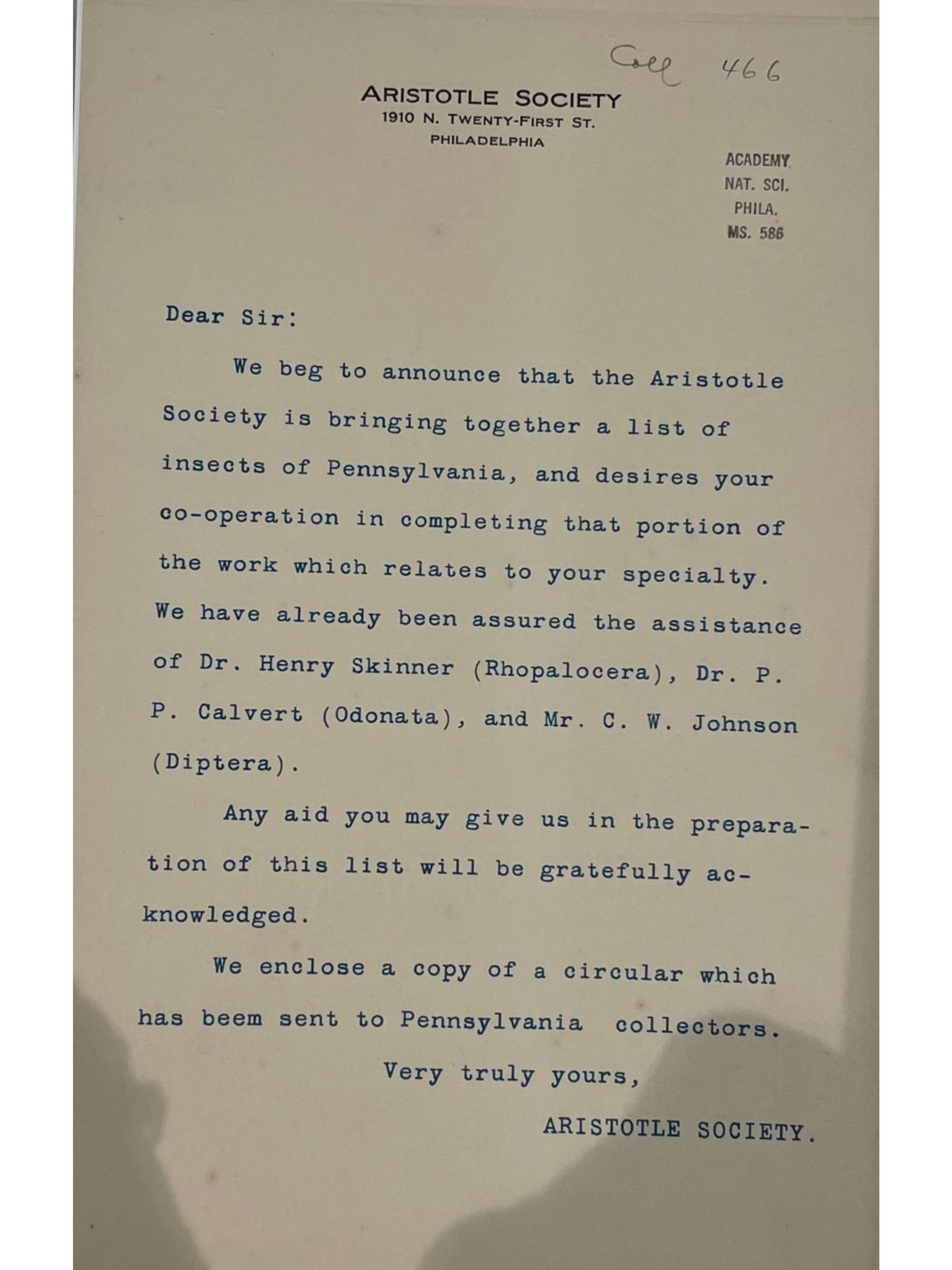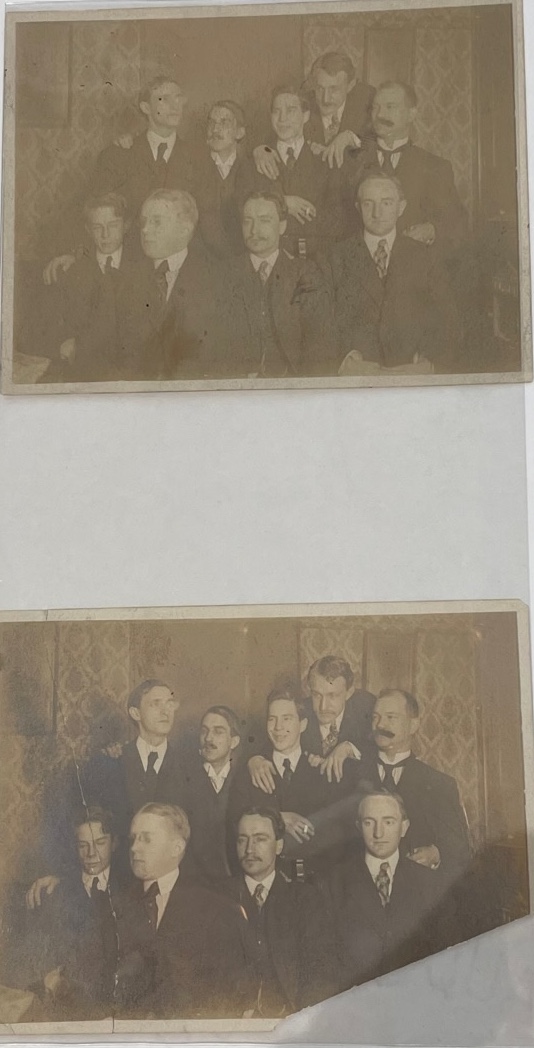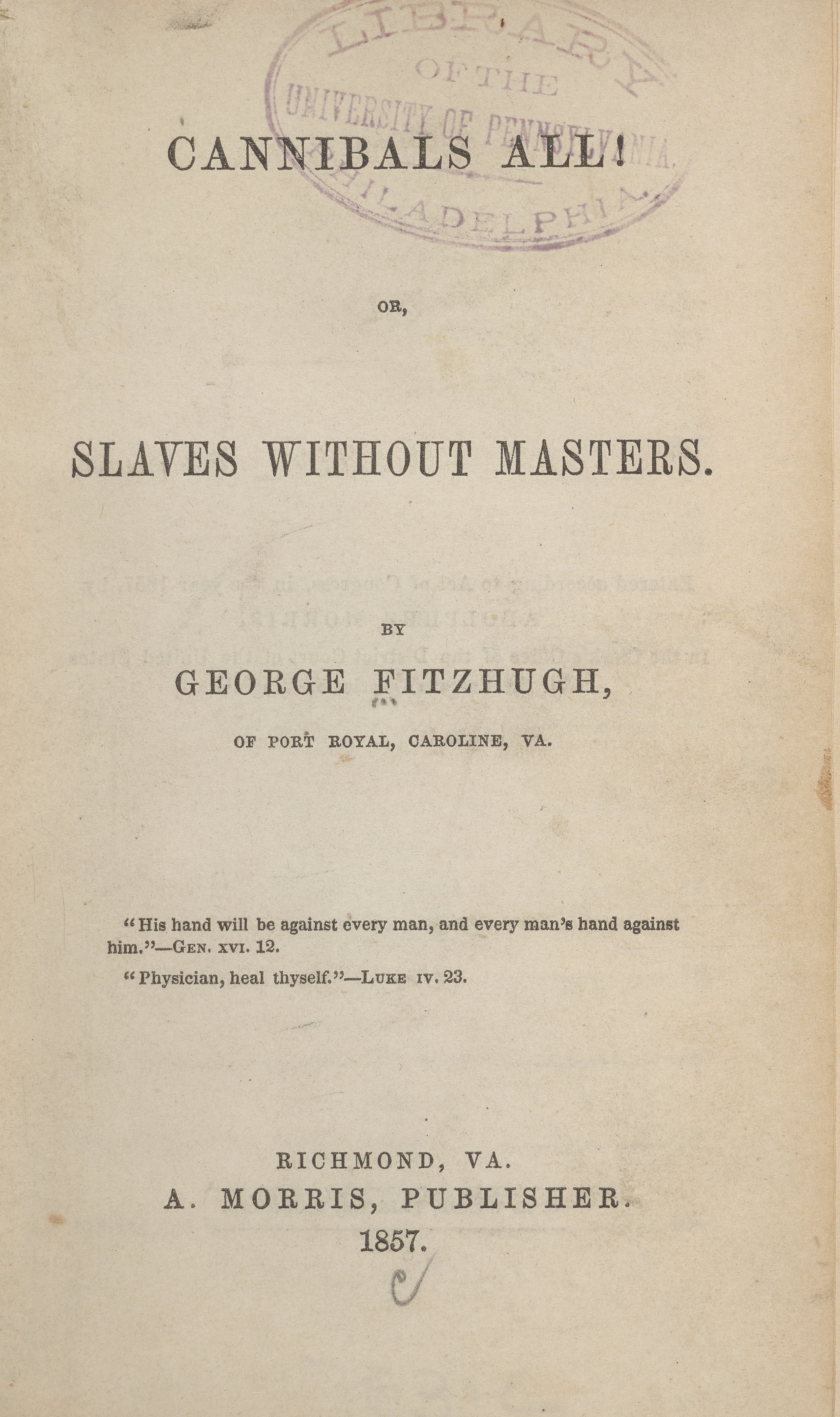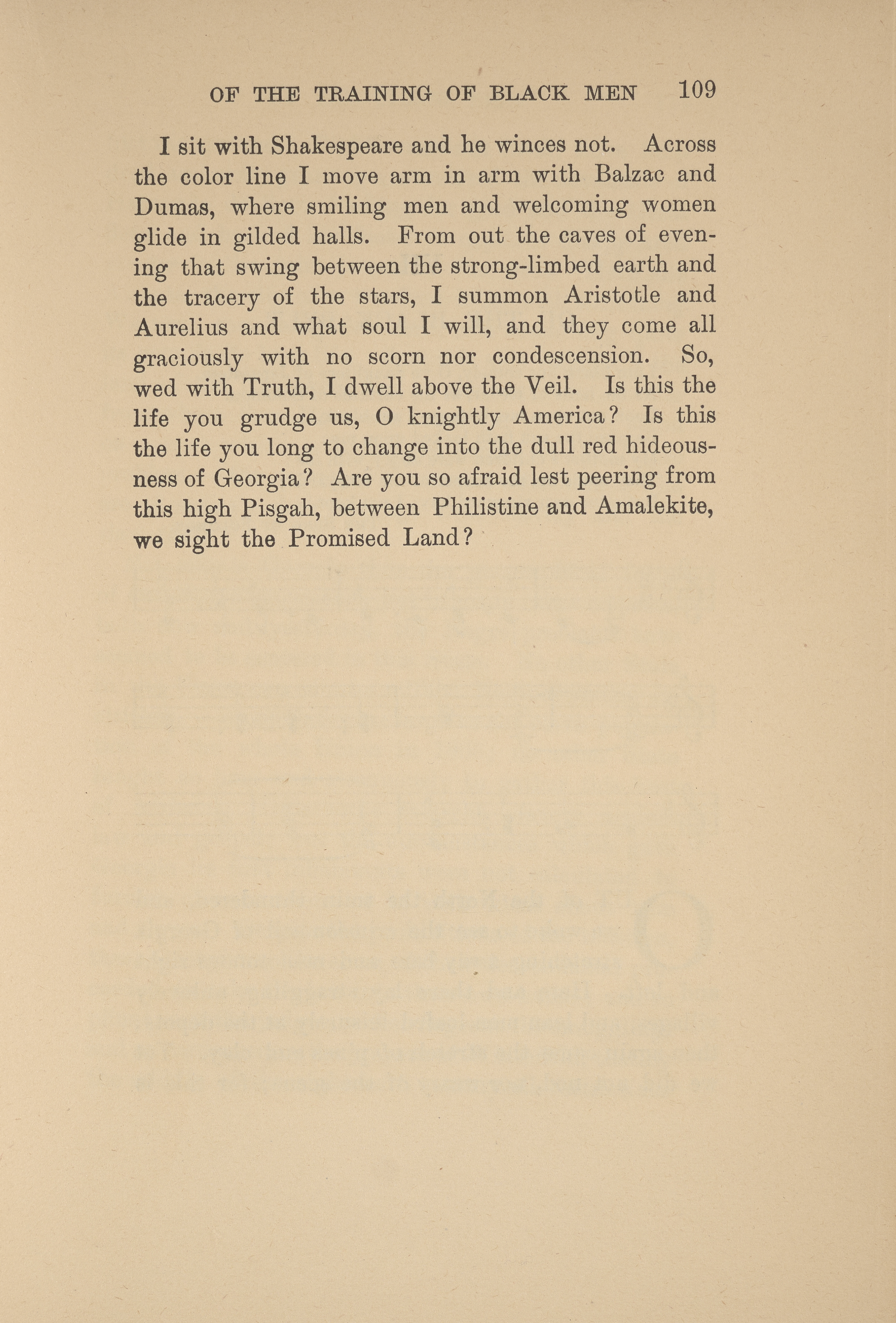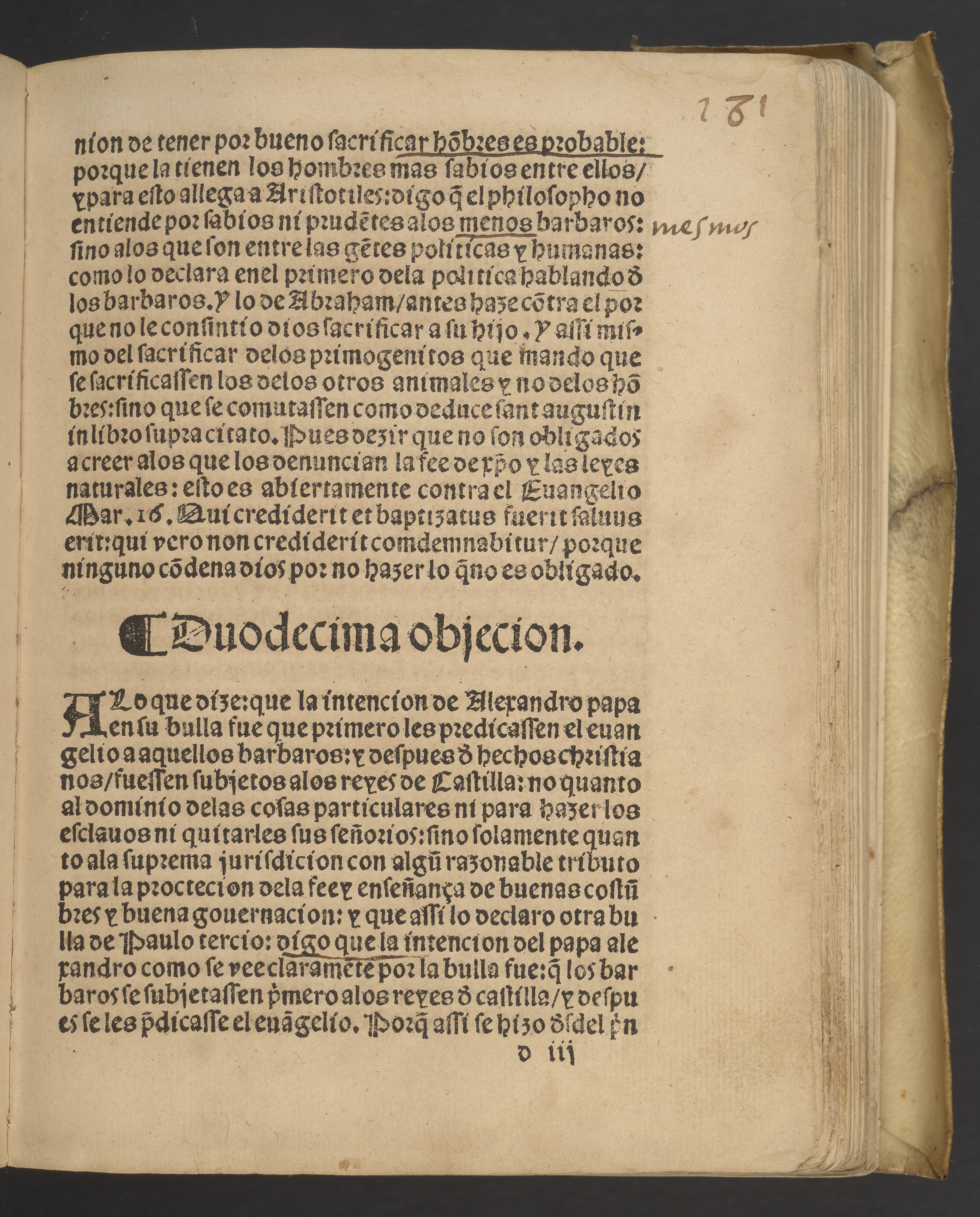Aristotle in America
In the 19th and 20th centuries United States Aristotle was invoked to explain the natural and social order. The Aristotle Society of Philadelphia, active from 1899 to 1908, combined social activities and scientific study. Its members took field trips on Saturday mornings to examine and research insects together. However, Aristotle was also the intellectual banner under which colonial and pro-slavery thinkers had long rallied. In the 16th century, Spanish humanist Juan Ginés de Sepúlveda used Aristotle to justify the conquest and domination of the Indigenous peoples of the Americas. In the 19th century, anti-abolitionist author George Fitzhugh drew on Aristotle to defend the continued enslavement of Black people in America. When W.E.B. Du Bois published The Souls of Black Folk in 1903, he summoned Aristotle and Marcus Aurelius and declared that "they come all graciously with no scorn nor condescension." For Du Bois, Aristotle was part of the lineage of canonical thinkers who offered pathways to truth that should be open equally to Black Americans.
Resource slideshow
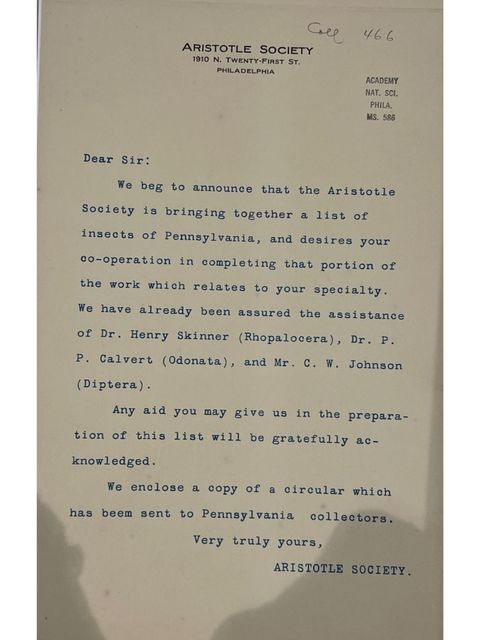
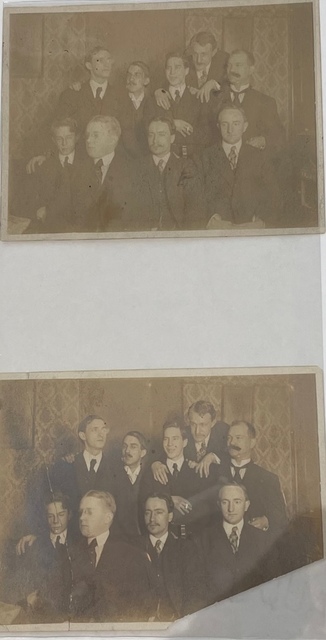
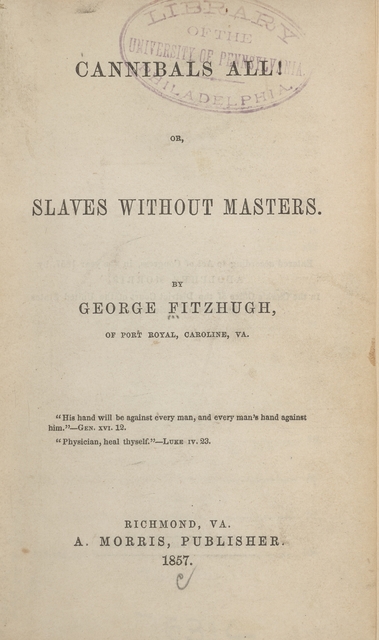

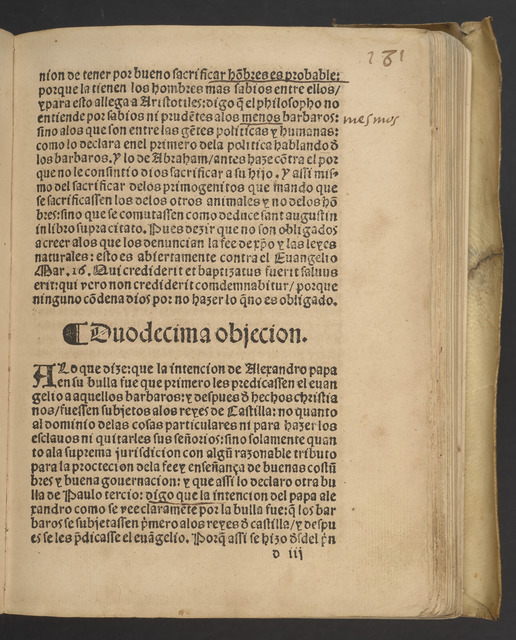
Resources
5 resources. Showing results 1 through 5.
Uploaded XO42 Photograph of members of the Aristotle Society
XO57 Cannibals All! Or, Slaves Without Masters
XO41 The Souls of Black Folk: Essays and Sketches
XO58 Aqui se contiene una disputa o controuersia: entre el obispo do[n] fray Bartholome delas Casas/o Casaus/ obispo que fue dela ciudad Real de Chiapa/ que es en las Indias/ parte dela Nueva España: y el doctor Gines de Sepulveda coronista del Emperador nuestro señor: sobre q[ue] el doctor contendia q[ue] las conquistas delas Indias contra los Indios eran licitas y el obispo por el co[n]trario d[e]fendio y affirmo auer sido y ser i[m]possible no serlo: tiranicas, injustas [y] iniquas....
Annotations
No one has annotated a text with this resource collection yet.


